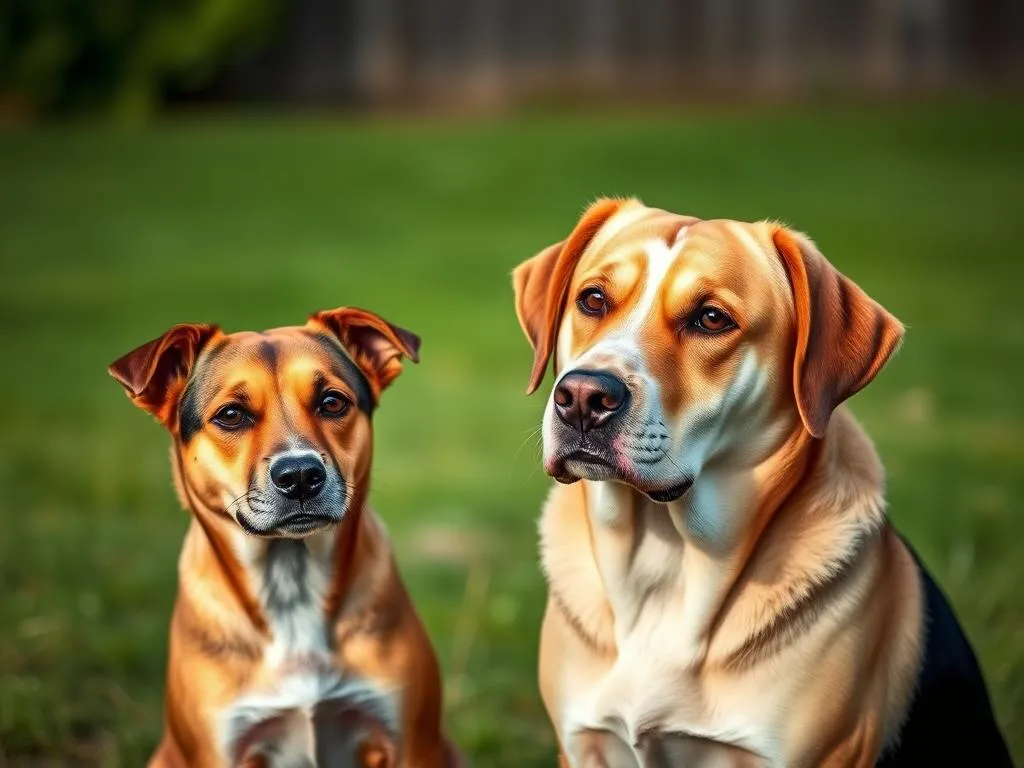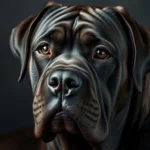
Choosing a dog can be a delightful journey, but for many, the consideration of odor plays a significant role. While all dogs have some natural scent, certain breeds are known to have minimal odor. This can be especially important for those living in smaller spaces or for allergy sufferers.
Understanding what contributes to a dog’s smell can help in making an informed decision. Factors such as skin oils, diet, and even health issues can lead to unwanted odors. Regular grooming and maintenance are pivotal in keeping your canine companion smelling fresh.
Understanding Dog Odor
Causes of Dog Smell
Dog odor can stem from various sources. The most common reasons include:
- Skin Oils and Natural Body Odor: Every breed has its unique body chemistry. Some breeds naturally produce more oils, which can lead to stronger scents.
- Diet and Its Impact on Smell: What your dog eats significantly affects its body odor. A diet high in fillers and low-quality ingredients can result in an unpleasant smell.
- Health Issues Contributing to Bad Odors: Conditions like dental problems, ear infections, and skin infections can lead to increased odors. Regular check-ups are essential to catch these issues early.
Grooming and Maintenance
Grooming is not just about aesthetics; it plays a crucial role in odor control.
- Importance of Regular Grooming in Odor Control: Regular brushing removes loose fur, dirt, and debris, which can contribute to odor.
- Bathing Frequency and Best Practices: Bathing your dog too often can strip its coat of essential oils, while infrequent baths can lead to build-up. Generally, a bath every 4-6 weeks is ideal, but this can vary based on the breed and lifestyle.
- Role of Diet and Nutrition in Maintaining a Healthy Coat: A balanced diet rich in omega fatty acids can promote healthy skin and coat, reducing odor.
Characteristics of Low-Odor Dog Breeds
Coat Type
The type of coat a dog has can significantly impact its odor level.
- Short-Haired vs. Long-Haired Breeds: Short-haired breeds tend to have less odor than long-haired breeds, which can trap dirt and moisture.
- Hypoallergenic Breeds and Their Benefits: Many hypoallergenic breeds are less likely to emit strong odors due to their unique coats that produce less dander.
Size and Activity Level
The size of a dog can influence its odor profile.
- How Size Can Influence Odor: Larger breeds may have more skin folds that can trap moisture and bacteria, leading to odor.
- Active Dogs vs. Sedentary Dogs in Terms of Odor Production: Active dogs tend to sweat less and can be less smelly than their sedentary counterparts, assuming they receive proper care and grooming.
Temperament and Behavior
A dog’s behavior can also contribute to its odor.
- Impact of Stress and Anxiety on Odor: Stress can lead to increased oil production and changes in a dog’s natural scent.
- Role of Training in Managing Odor: Proper training can help manage stress and anxiety, potentially reducing odor.
List of Dog Breeds That Don’t Smell Bad
Hypoallergenic Breeds
Poodle (Standard, Miniature, Toy)
Poodles are known for their intelligence and playful demeanor. Their curly coat traps dander and hair, preventing it from spreading. Regular grooming is essential to keep their coat healthy and odor-free.
Bichon Frise
This breed has a soft, curly coat that requires regular grooming to prevent matting. They are friendly, affectionate, and generally low in odor, making them great family pets.
Maltese
With their long, silky coats, Maltese dogs are not only adorable but also produce less dander. Regular grooming helps maintain their coat and ensure they remain fresh-smelling.
Low-Odor Breeds
Basenji
Known as the “barkless dog,” Basenjis are clean and have minimal odor. They groom themselves similarly to cats and require minimal grooming from their owners.
Whippet
Whippets are sleek and short-haired, which helps keep odor at bay. Their gentle nature and calm demeanor make them wonderful companions.
Shiba Inu
Shiba Inus are clean dogs that groom themselves. Their double coat sheds minimally, reducing the chance of odor buildup.
Other Recommendations
Doberman Pinscher
Dobermans are known for their loyalty and intelligence. Their short coat requires minimal grooming, which helps keep odors under control.
Greyhound
Despite their size, Greyhounds have very short fur and minimal body odor. They are gentle giants that thrive in calm environments.
Beagle
Beagles are friendly and curious. They have short coats that require regular brushing, which helps keep them smelling fresh.
Tips for Reducing Dog Odor
Regular Grooming Practices
- Brushing Techniques and Frequency: Regular brushing helps remove dirt and loose fur, reducing odors. Depending on the breed, brushing once or twice a week is typically sufficient.
- Bathing Tips for Odor Control: When bathing your dog, use a mild shampoo designed for dogs. Avoid human shampoos, as they can strip natural oils. Rinse thoroughly to prevent residue buildup.
Nutrition and Diet
- Recommended Diet for Reducing Odor: A high-quality diet rich in protein, fats, and essential nutrients can enhance your dog’s skin health. Look for foods without fillers, artificial colors, or preservatives.
- Supplements That May Help: Omega-3 and Omega-6 fatty acids can improve skin health and coat quality, helping to reduce odor.
Health Check-Ups
- Importance of Vet Visits for Odor-Related Issues: Regular veterinary visits can help identify underlying health issues that may contribute to odor, such as dental disease or skin infections.
- Recognizing Signs of Health Problems Early: Be attentive to changes in your dog’s behavior, appetite, and grooming habits, as these can indicate health issues that need addressing.
Conclusion
Choosing the right dog breed is crucial, especially for those sensitive to odors. While no breed is entirely odor-free, many breeds are less likely to produce strong smells. Regular grooming and health maintenance play significant roles in managing and preventing odors.
When selecting a dog, consider the grooming needs, health implications, and the breed’s inherent characteristics. By doing so, you can enjoy a fresher home environment and a happy, healthy canine companion.
FAQs
Can all dogs smell?
Yes, all dogs have a natural scent, but the intensity varies by breed.
What are hypoallergenic dog breeds?
Hypoallergenic breeds produce less dander and are less likely to trigger allergies in sensitive individuals.
How often should I bathe my dog?
Generally, every 4-6 weeks is ideal, but this can vary based on the dog’s activity level and coat type.
Do diet changes really affect dog odor?
Absolutely! A high-quality diet can significantly impact your dog’s overall health and odor.
What should I do if my dog smells bad despite grooming?
If your dog continues to have an odor, consult your veterinarian to rule out any underlying health issues.









